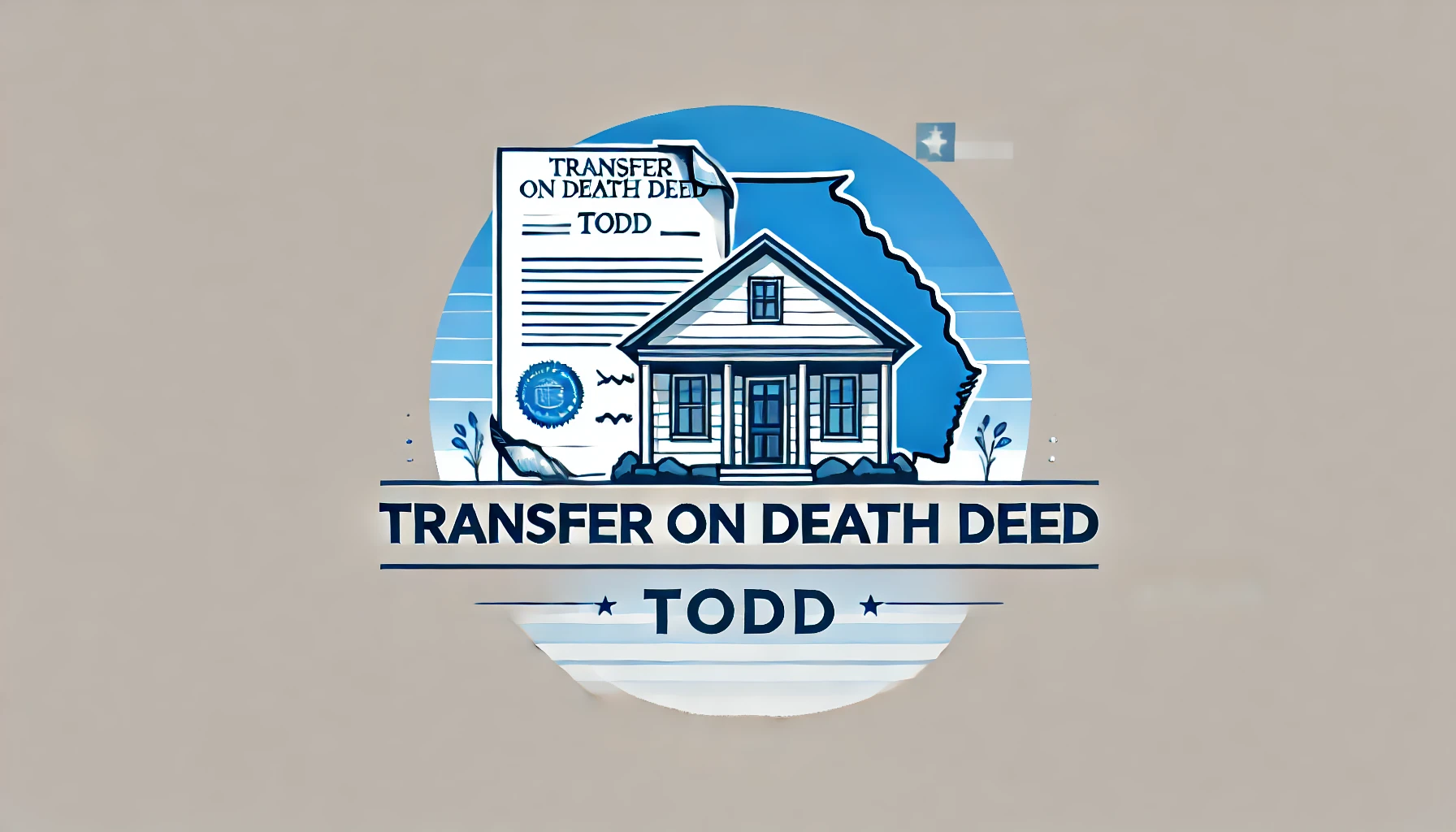Category: Georgia
-

Understanding Transfer on Death Deeds (TODDs) and Their Introduction in Georgia
A Transfer on Death Deed (TODD) is a legal document that allows property owners to transfer real estate to a beneficiary upon their death without the need for probate. This type of deed is designed to simplify the process of property transfer, ensuring that the designated beneficiary receives the property directly, avoiding the lengthy and…
-
The Partition of Property
What to Do When Co-Owning a Home Doesn’t Work Out What happens when co-owners decide not to co-own any more? if an owner wants to voluntarily come off the title, no problem. The co-owners prepare a new deed to convey that person’s interest, with a new title reflecting the desired ownership. And if multiple heirs who…
-
Georgia Probate and Real Property
Probate is the legal process by which a decedent’s property is transferred to those entitled to receive it. All real property that does not transfer by means of a survivorship interest or a recorded transfer on death deed, or property held in a trust, is subject to probate.

